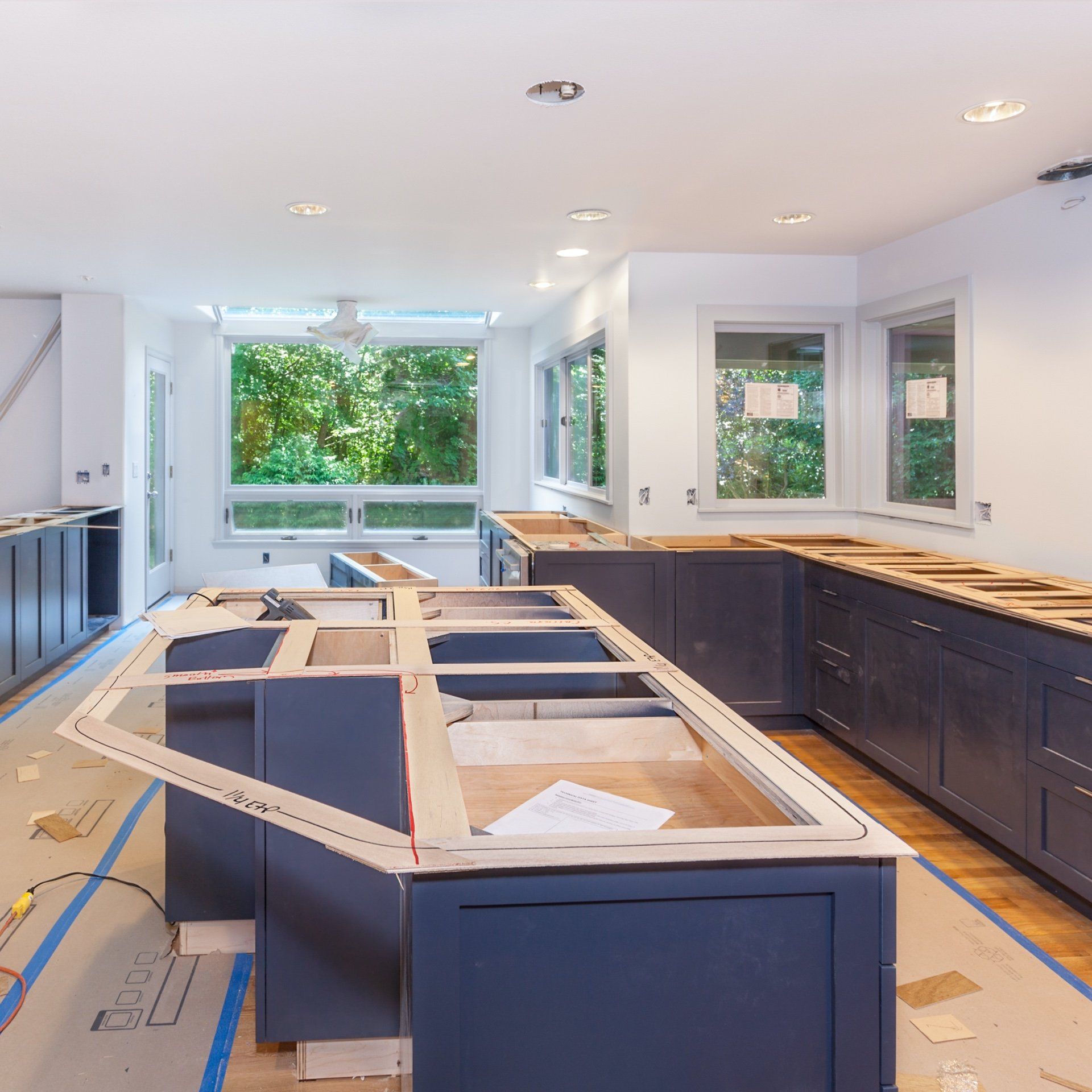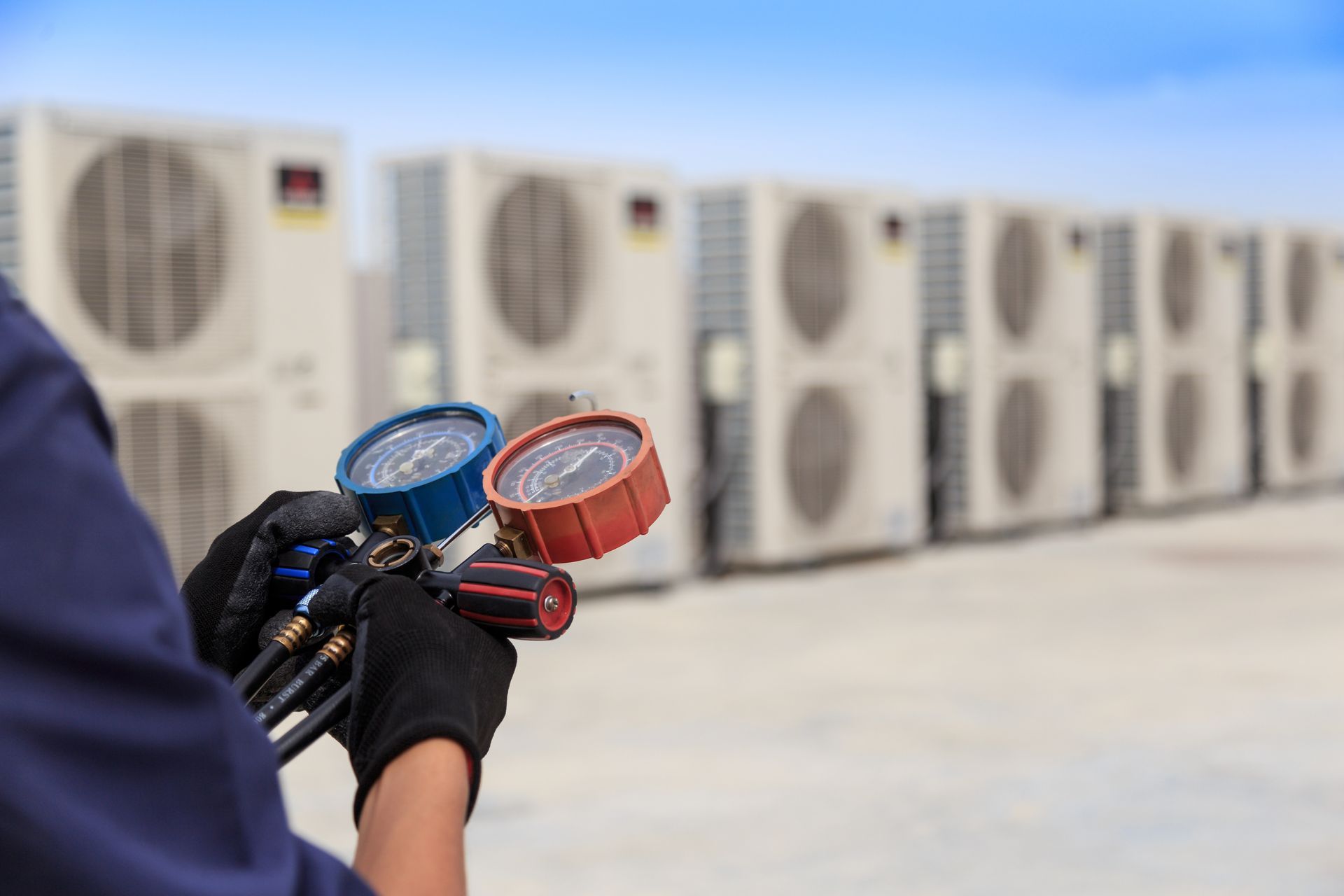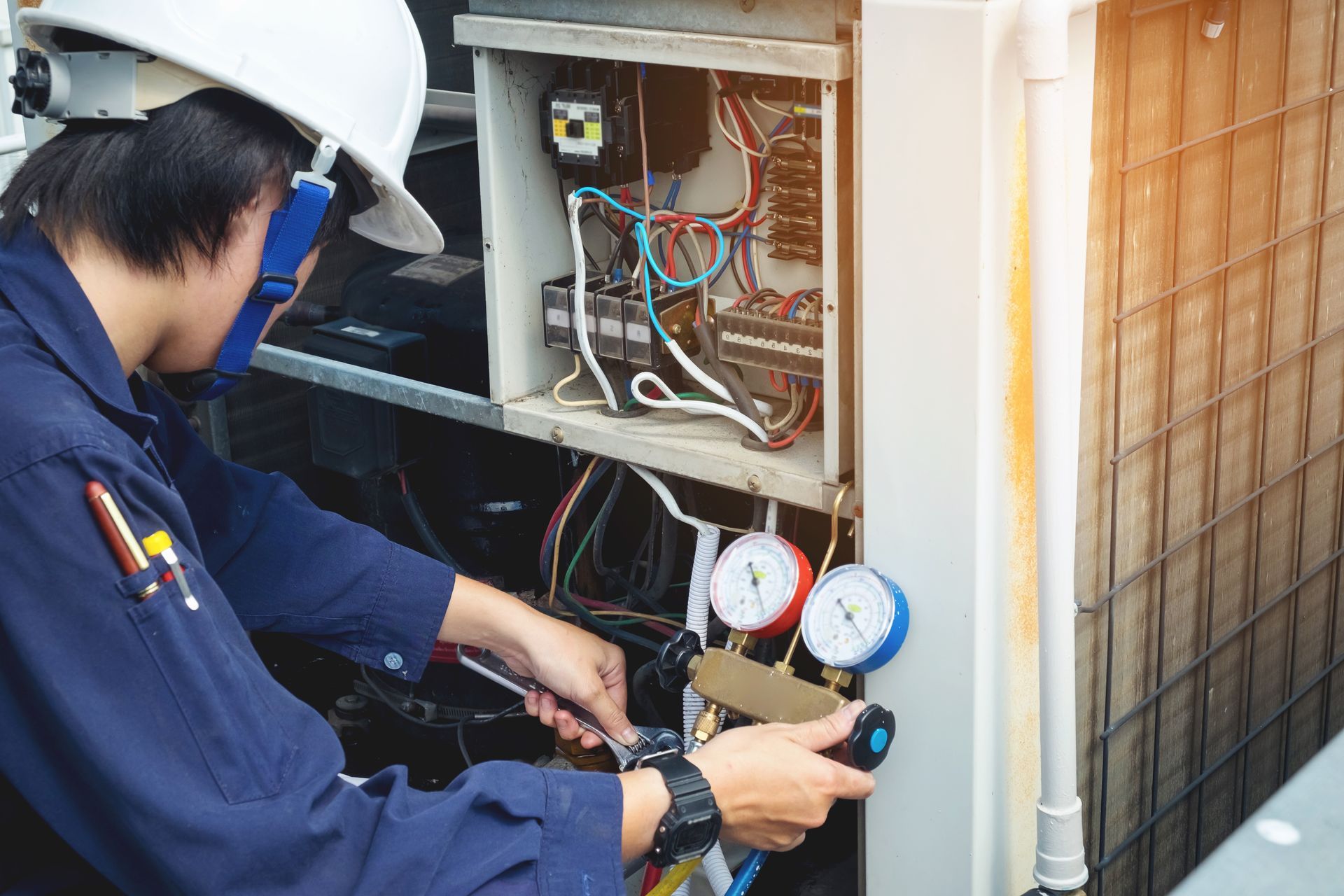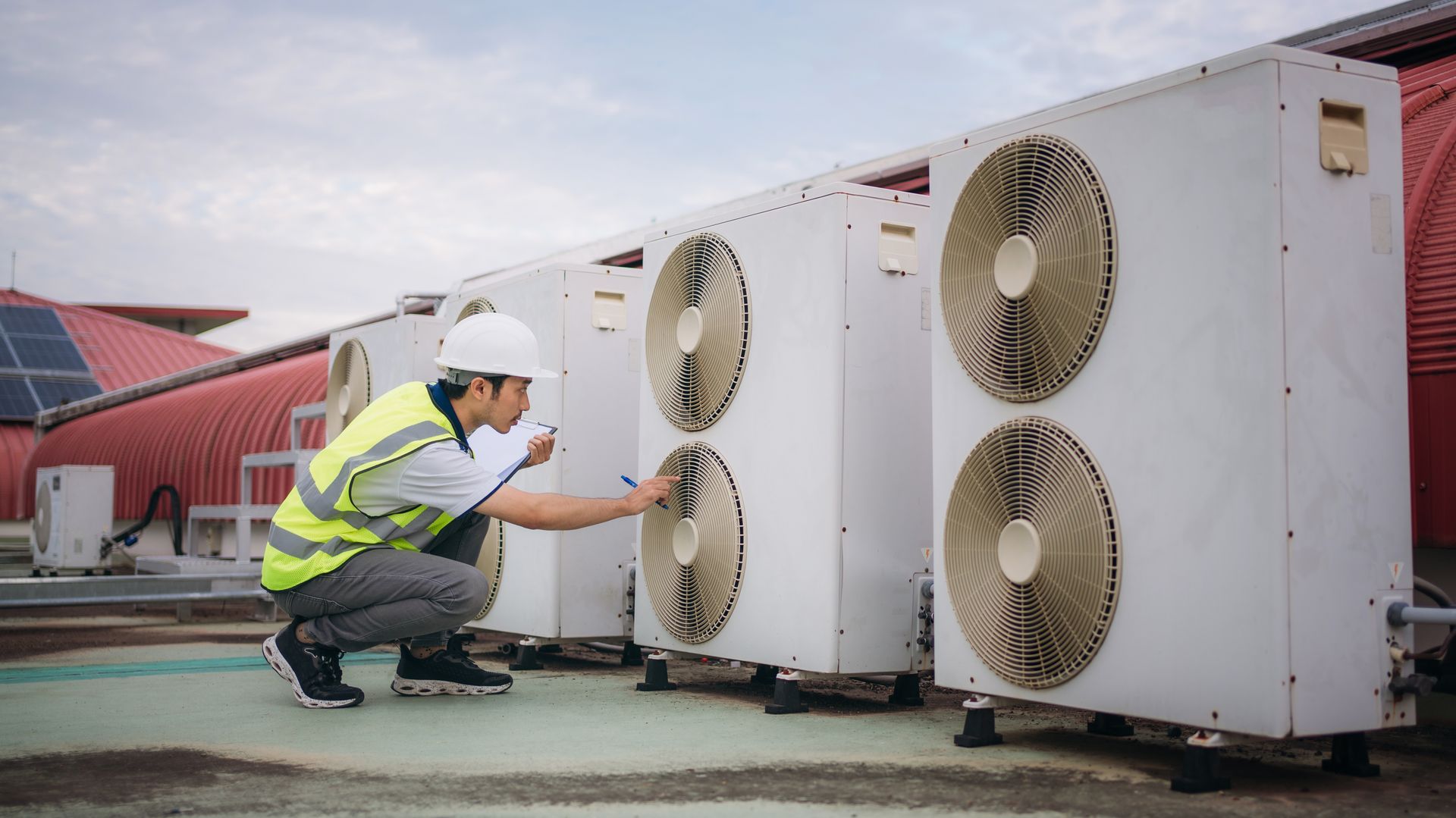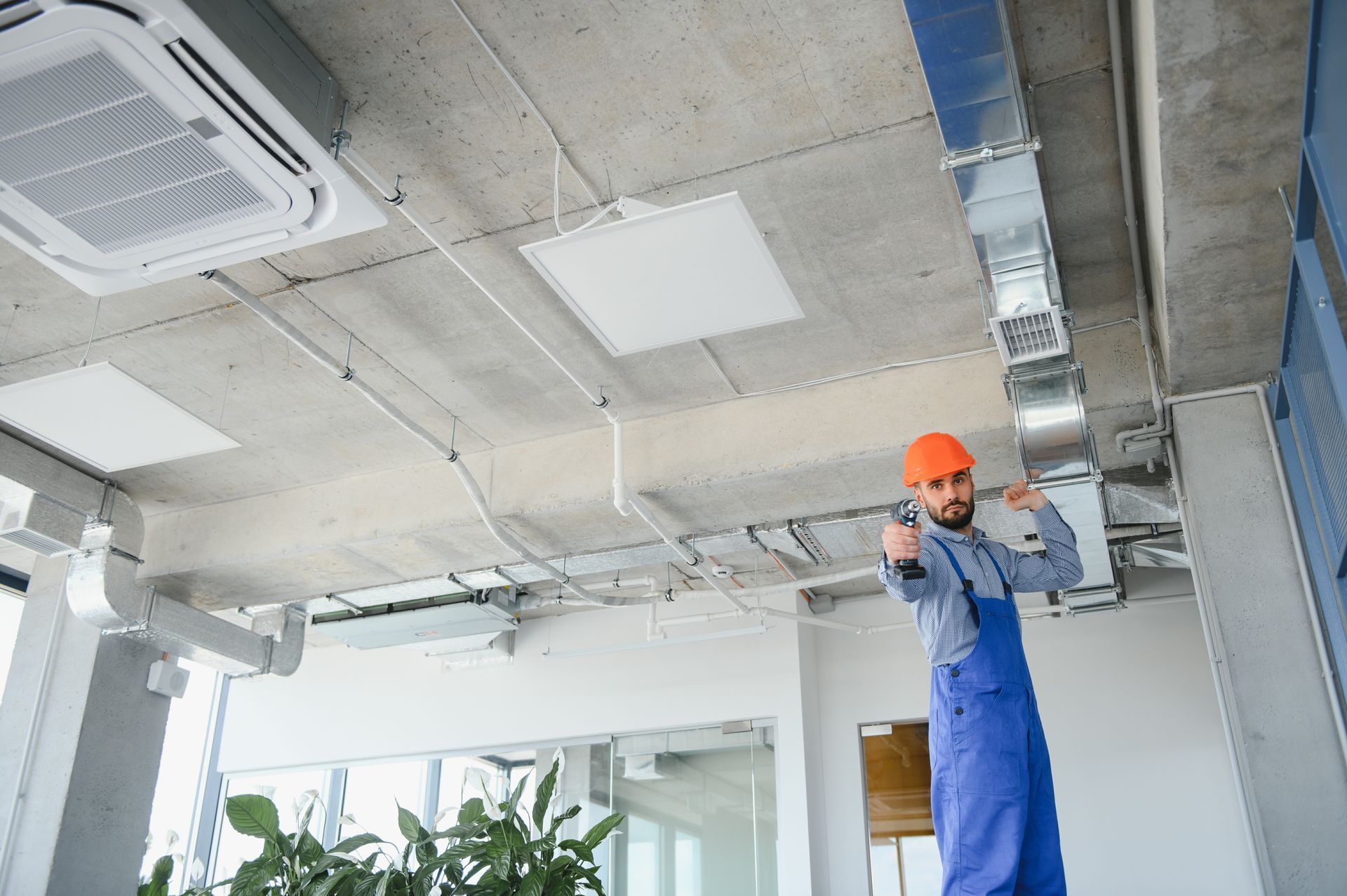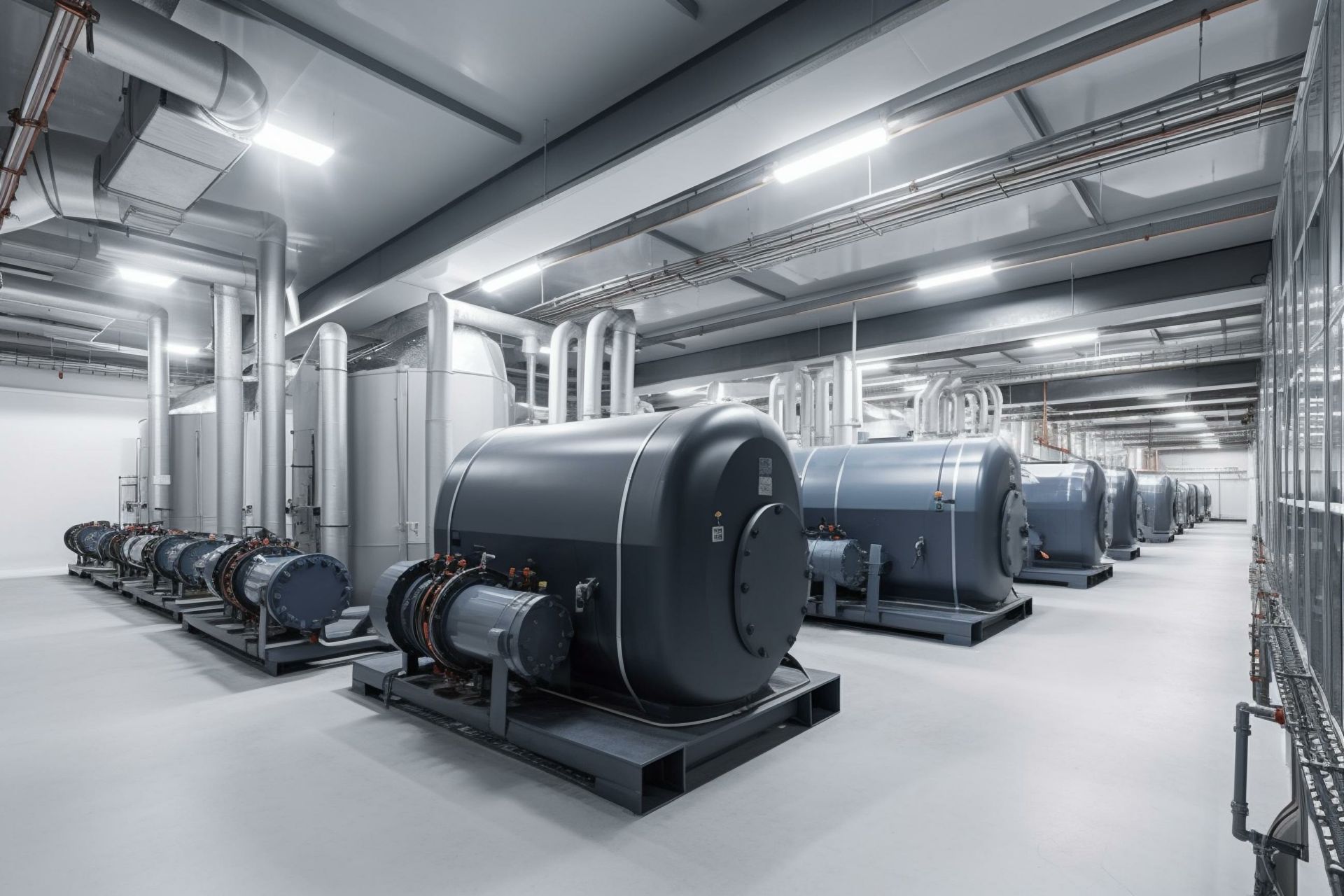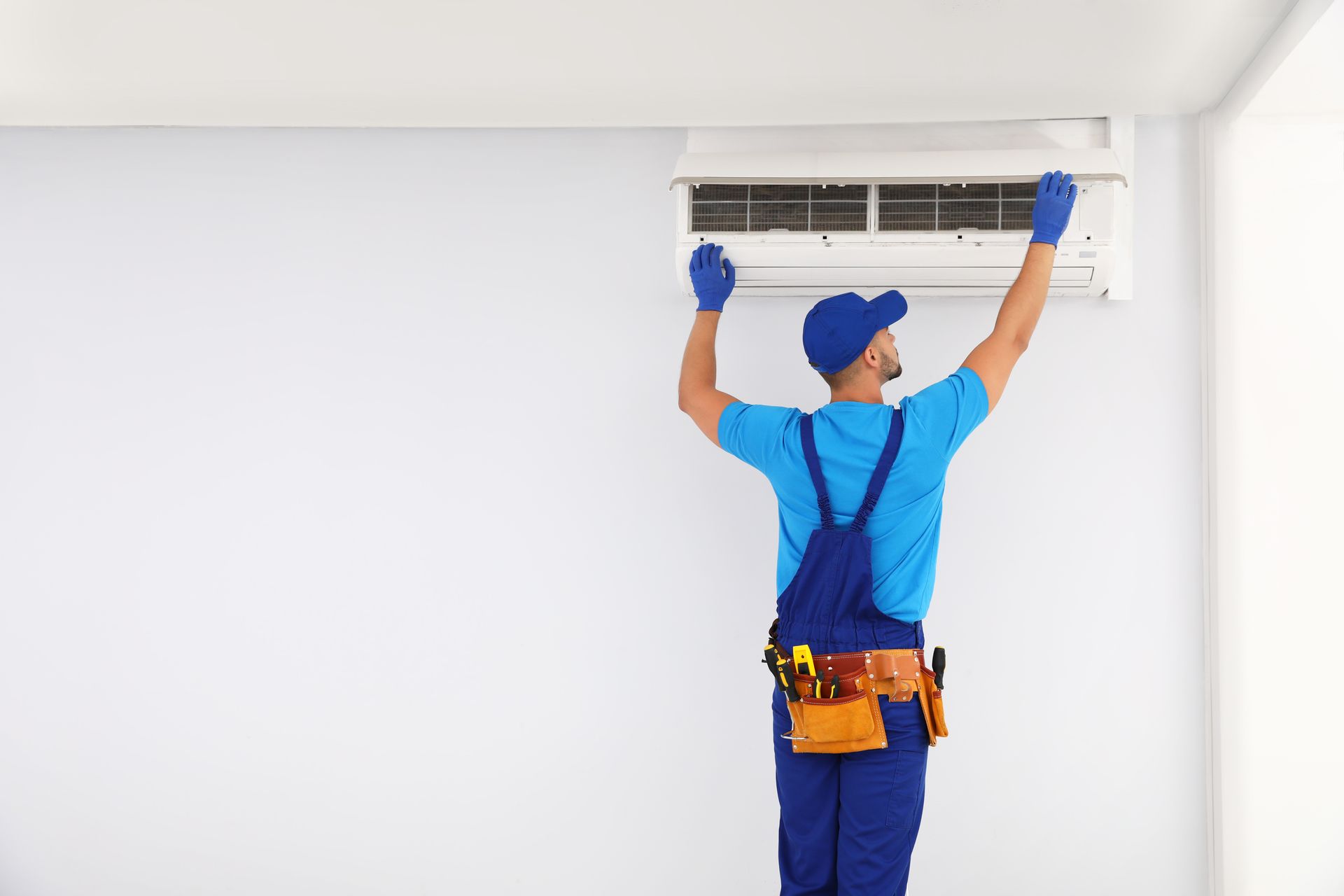A Closer Look at the Three Key Refrigeration Systems Used in Commercial Building HVAC

In the realm of commercial HVAC (Heating, Ventilation, and Air Conditioning), refrigeration systems play an essential role in maintaining a comfortable and productive environment. The three primary types of commercial refrigeration systems are direct expansion (DX), secondary refrigerant (SR), and evaporative cooling systems. Here's a closer look at how these systems work and the benefits they offer.
Understanding Direct Expansion (DX) Systems
Direct Expansion, or DX systems, are perhaps the most common type of refrigeration system used in commercial HVAC. In DX systems, a refrigerant absorbs heat directly from the air being conditioned and then transfers it outside.
The process starts with the refrigerant evaporating in the system's evaporator coil, absorbing heat from the surrounding air in the process. This cooled air is then circulated throughout the commercial space. Meanwhile, the refrigerant, now in gas form, moves to the compressor, where it's pressurized and heated before it travels to the condenser to be cooled and returned to its liquid state, ready to absorb more heat.
Advantages of Secondary Refrigerant (SR) Systems
Secondary Refrigerant systems, or SR systems, use a two-step approach to transfer heat. Instead of the refrigerant directly cooling the air, it cools a secondary fluid (like water or glycol) in a heat exchanger. This secondary fluid is then pumped to air handlers where it absorbs heat from the air.
SR systems are beneficial because they reduce the amount of refrigerant needed, which is an environmental advantage. They also limit the spread of refrigerant to the machine room, which can reduce potential hazards in the event of a leak.
The Power of Evaporative Cooling Systems
Evaporative cooling systems, often used in dry climates, work on the principle of evaporation. They use water as a refrigerant, which evaporates and cools the air. These systems are energy efficient as they consume less electricity than traditional air conditioning systems.
The downside, however, is that they tend to increase humidity, which can be uncomfortable in already humid environments. They also require a steady water supply, which can be a limiting factor in some areas.
Professional Assistance for Optimal Performance
Choosing the right refrigeration system for your commercial space involves many factors, including climate, building size, and specific cooling needs. Given the complexity of these systems, it's beneficial to hire a professional HVAC service provider.
Experienced HVAC professionals have the knowledge and training to guide you in selecting the most suitable system. They ensure accurate installation and provide regular maintenance to prolong the lifespan of your system and keep it running efficiently.
On the other hand, a DIY approach can pose risks. Incorrect installation can lead to inefficiencies, potential system breakdowns, and could even void the warranty of your HVAC system.
In conclusion, whether it's a DX, SR, or an evaporative cooling system, each refrigeration option has its own set of benefits and potential drawbacks. The key is to choose the system that best fits your unique needs, and to always rely on professional help for installation and maintenance.
Ready to explore the possibilities of refrigeration systems for your commercial space? Don't hesitate to contact us through the "Contact" page of our website. Our team is equipped with the expertise to assist you in making the best HVAC decisions for your commercial property.
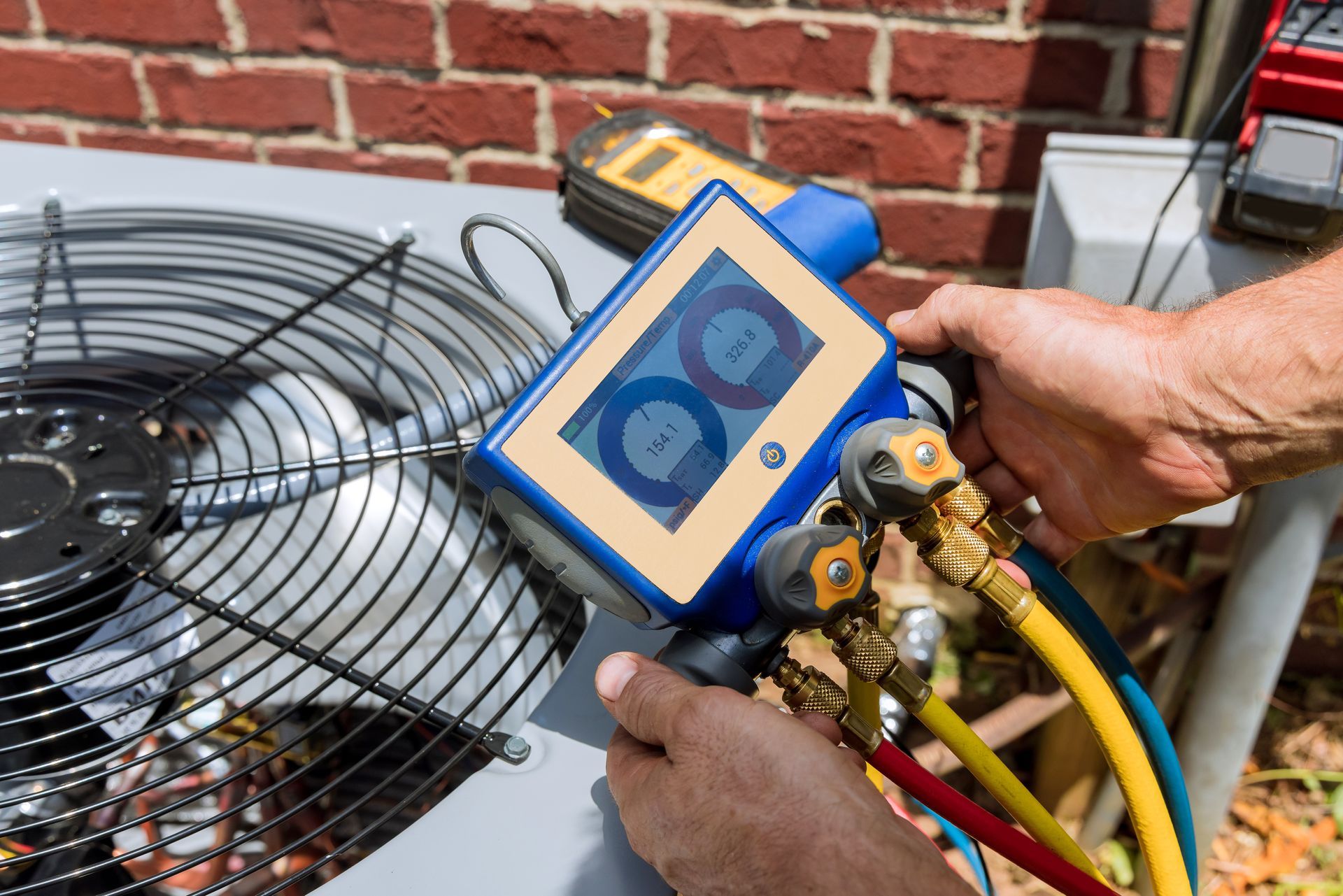

Best HVAC Service Packages in the D.C. Area
Joining an HVAC company VIP club can provide several benefits to homeowners, including peace of mind, cost savings and personalized service.
